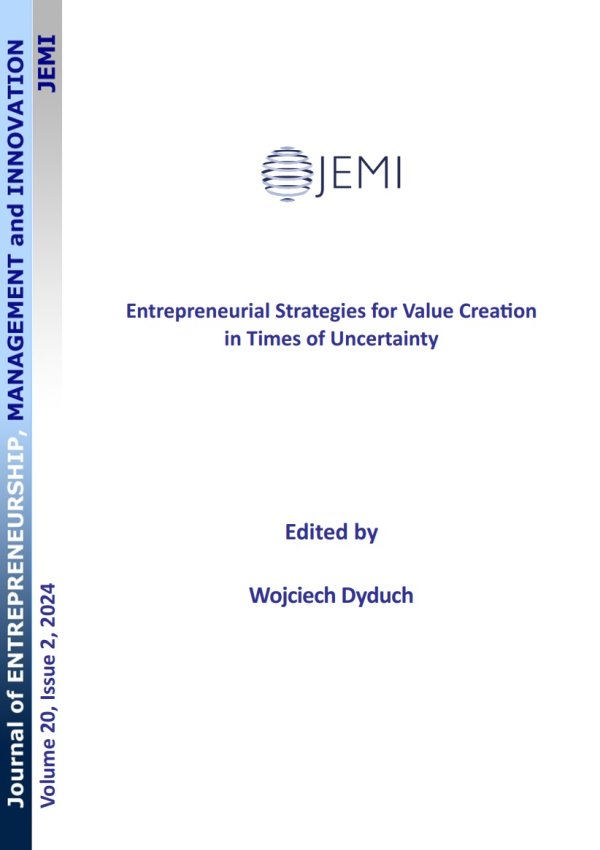Philip Sisson, Ph.D. Candidate, The George Washington University, 5010 Larno Drive, Alexandria, VA, USA, 22310, e-mail: This email address is being protected from spambots. You need JavaScript enabled to view it..
Julie J. C. H. Ryan, D.Sc., National Defense Institute University, 300 5th Ave SW, Suite 183H, Washington, DC 20319, e-mail: This email address is being protected from spambots. You need JavaScript enabled to view it.
Abstract
The purpose of this article is to present a mental model of knowledge as a concept map as an input to knowledge management (KM) investigations. This article’s extended knowledge concept map can serve as a resource where the investigation, development, or application of knowledge would be served with a broad mental model of knowledge. Previously unrelated concepts are related; knowledge concepts can sometimes be expressed as a range, i.e., certainty related states: view, opinion, sentiment, persuasion, belief, and conviction. Extrathesis is identified as a potential skill level higher than synthesis, and associated with the concepts: discovery, institution, insight (the event), revelation, or illumination that precedes innovation. Qualitative methods were used to gather and document concepts. System engineering and object analysis methods were applied to define and relate concepts. However, the theoretical sampling and theoretical saturation methods applied do not guarantee all appropriate concepts have been identified. Given the breadth, depth, and dimensionality of concepts of knowledge, later researchers may add additional concepts. This article provides evidence of additional things people know, an alternative to psychology’s acquaintanceship, understanding and placement of newer categorizations of knowledge in relation to older ones, and suggests that ranges for knowledge terms exist. This article extends the 2015 paper on this topic by: 1) taking a deeper look into epistemological terms and relationships, 2) providing contextual definitions, 3) suggesting extra thesis as an idea beyond synthesis, 4) updating the concept map; and 5) providing new insight on the overloaded knows including adding an eleventh know. It provides a much more solid basis for KM investigations than typical presentations, providing a broad understanding of knowledge that is beneficial.
Keywords: knowledge; concept map; knowledge concept map.






